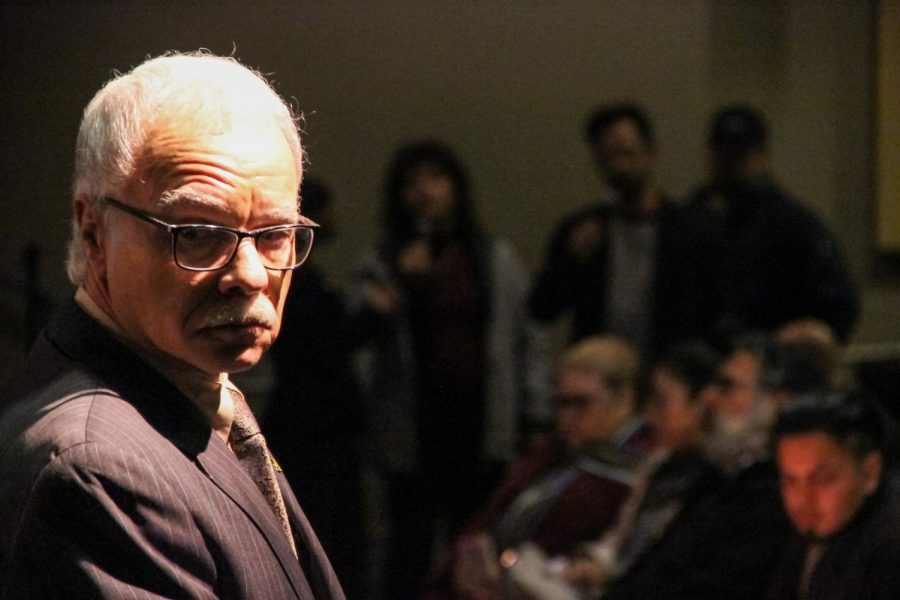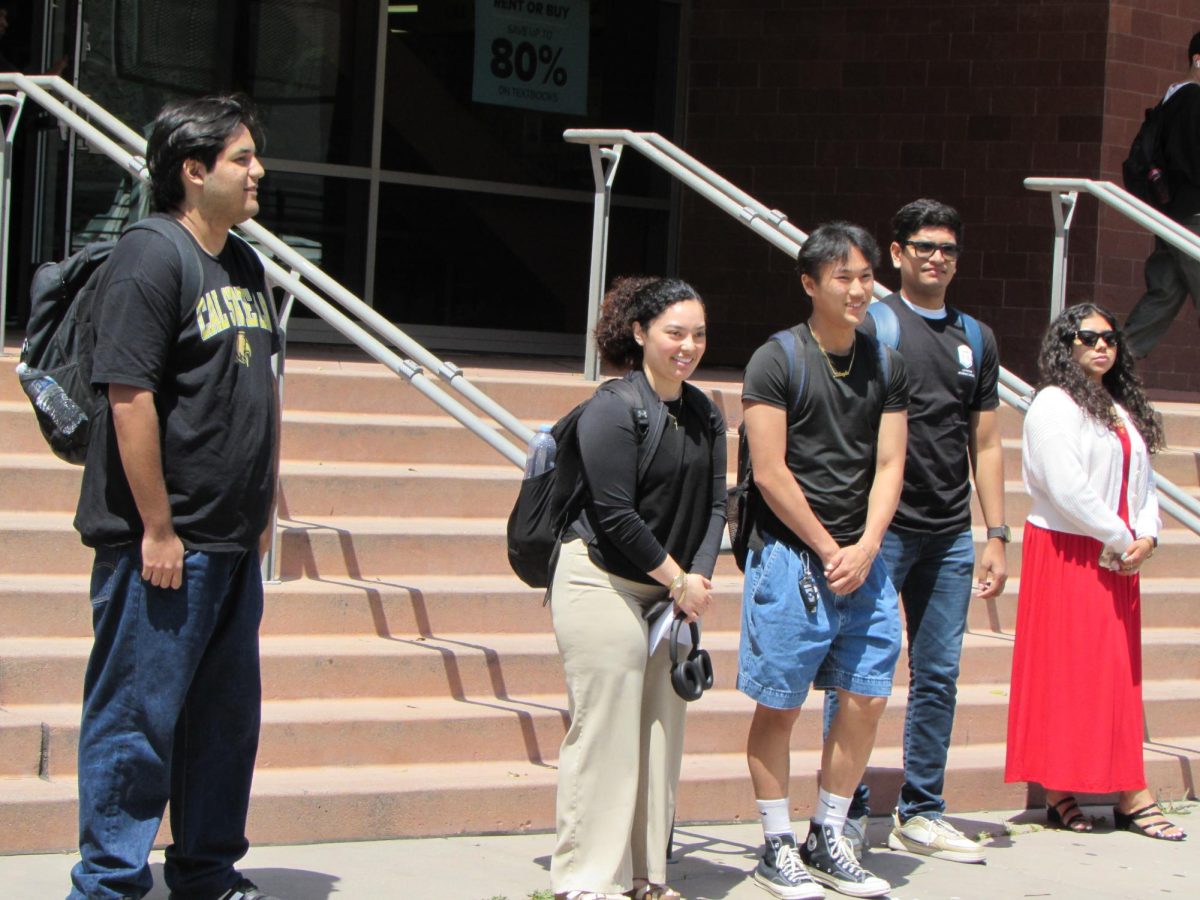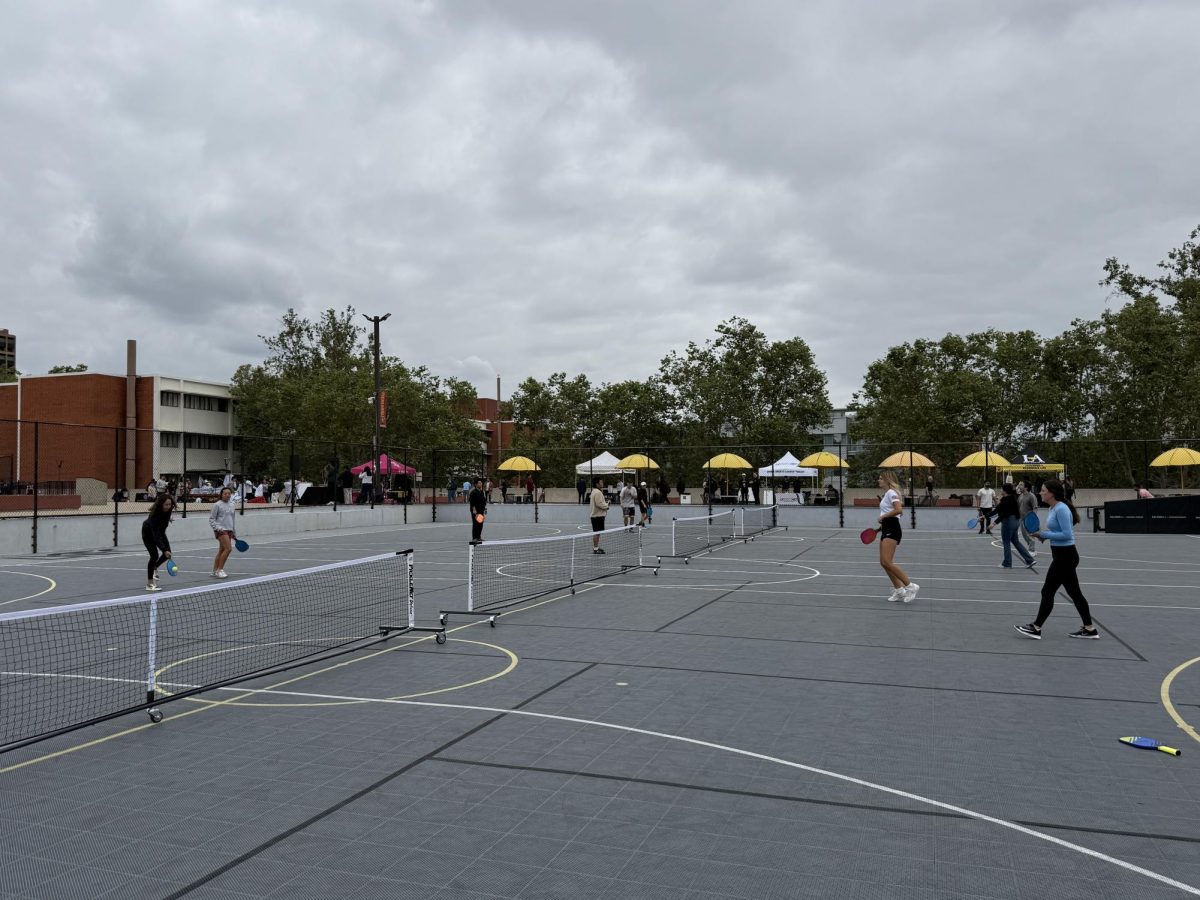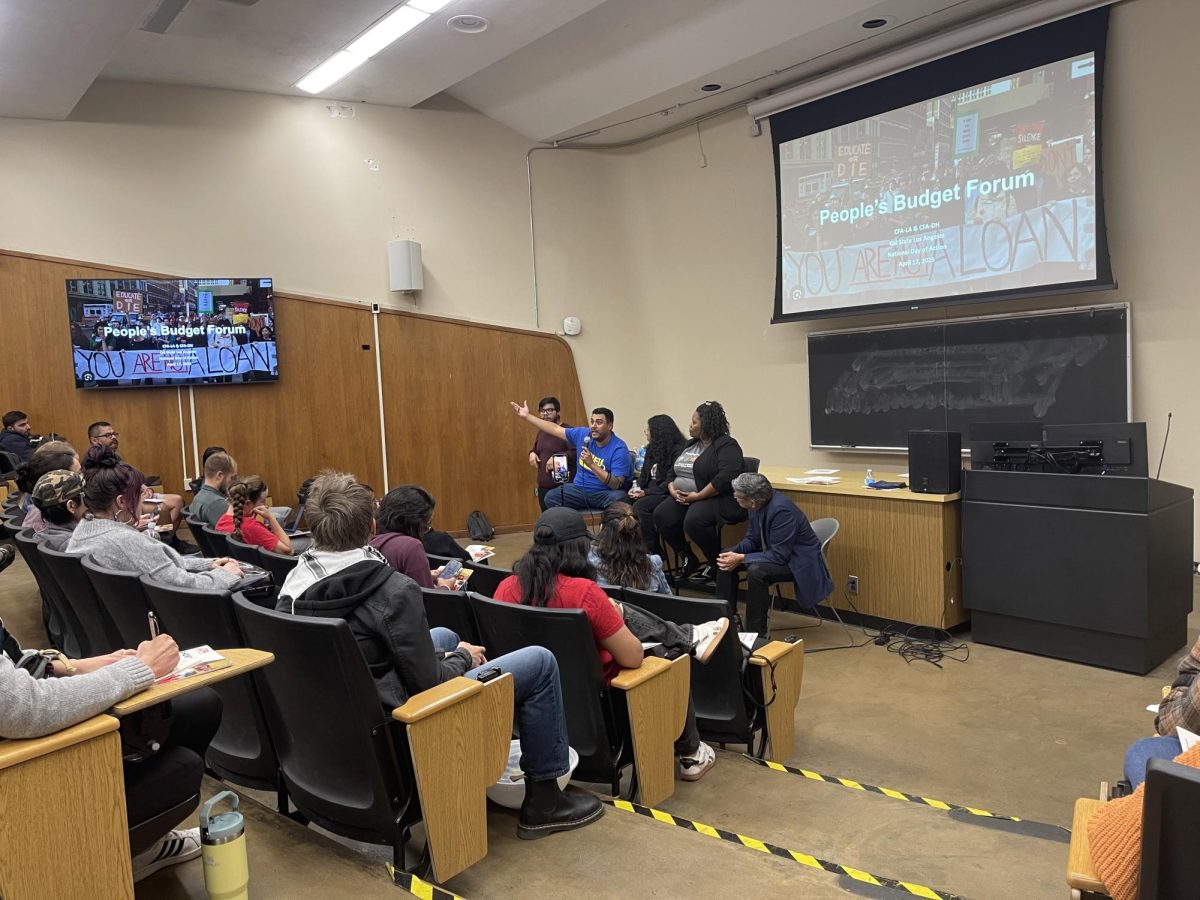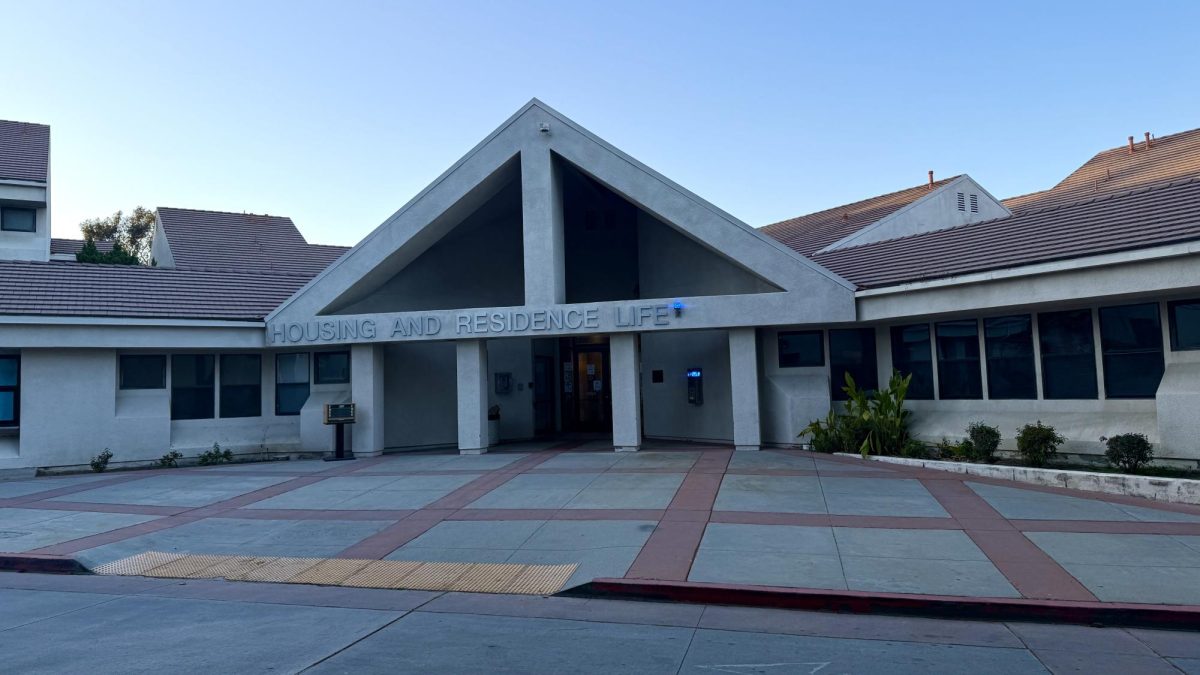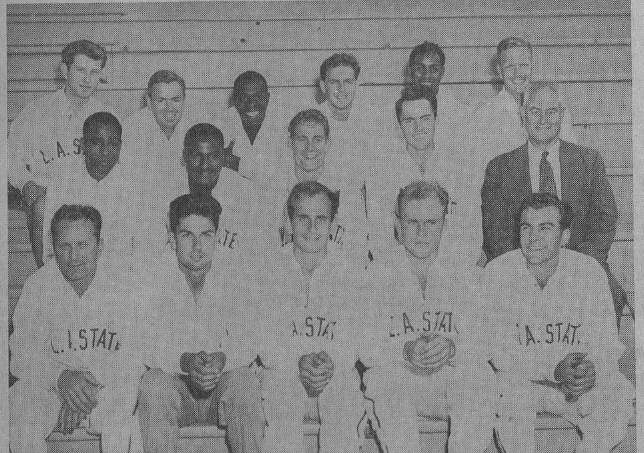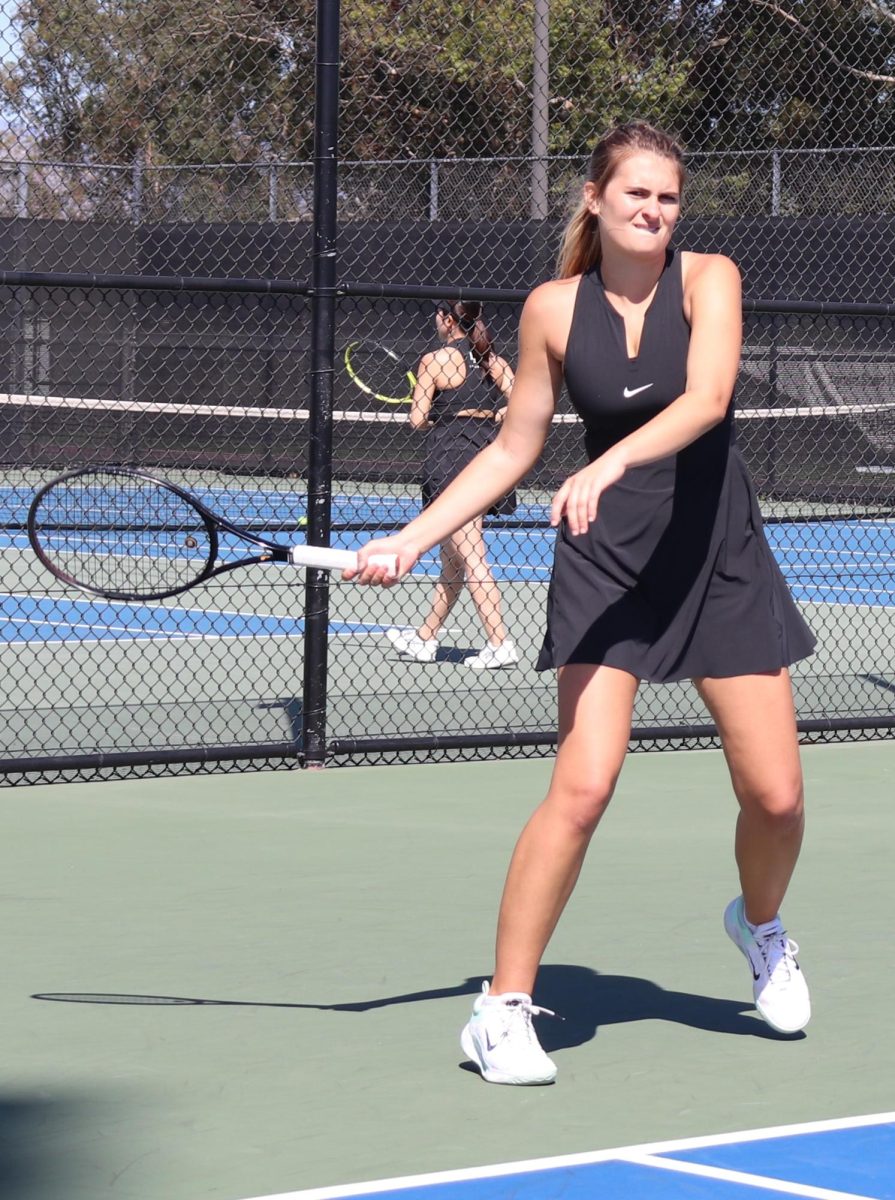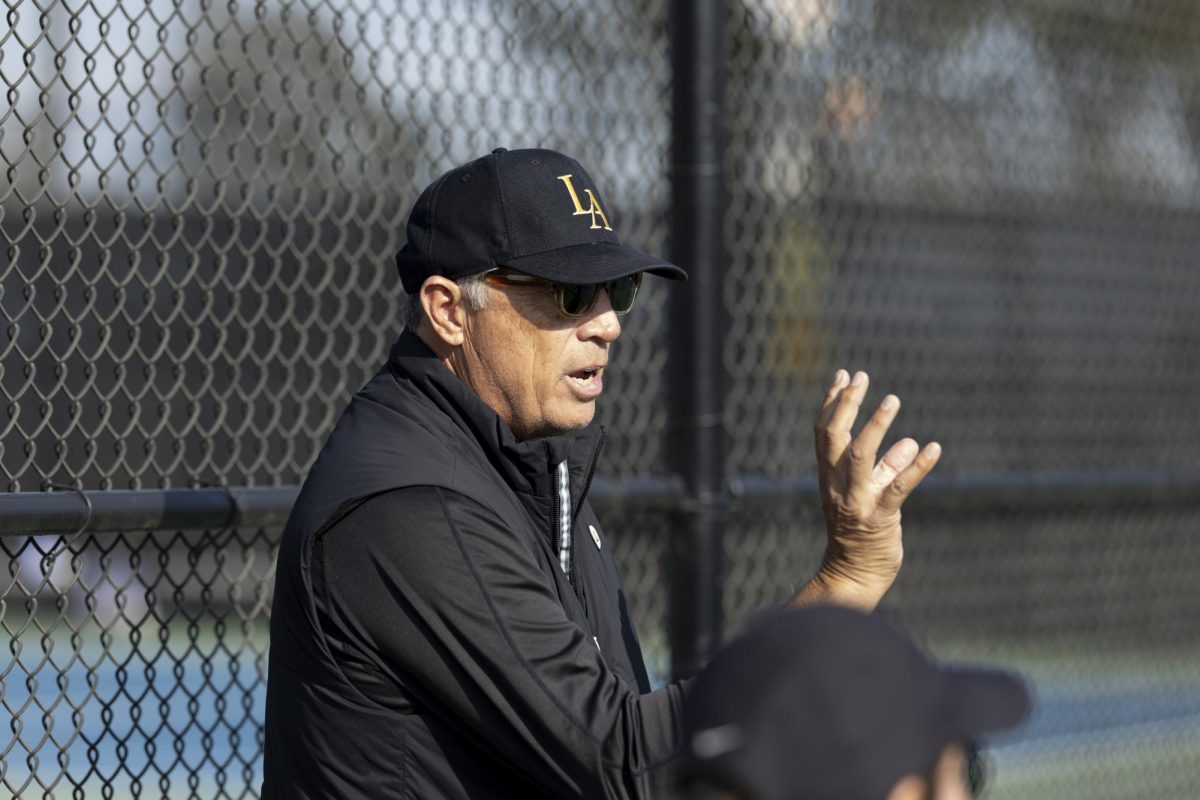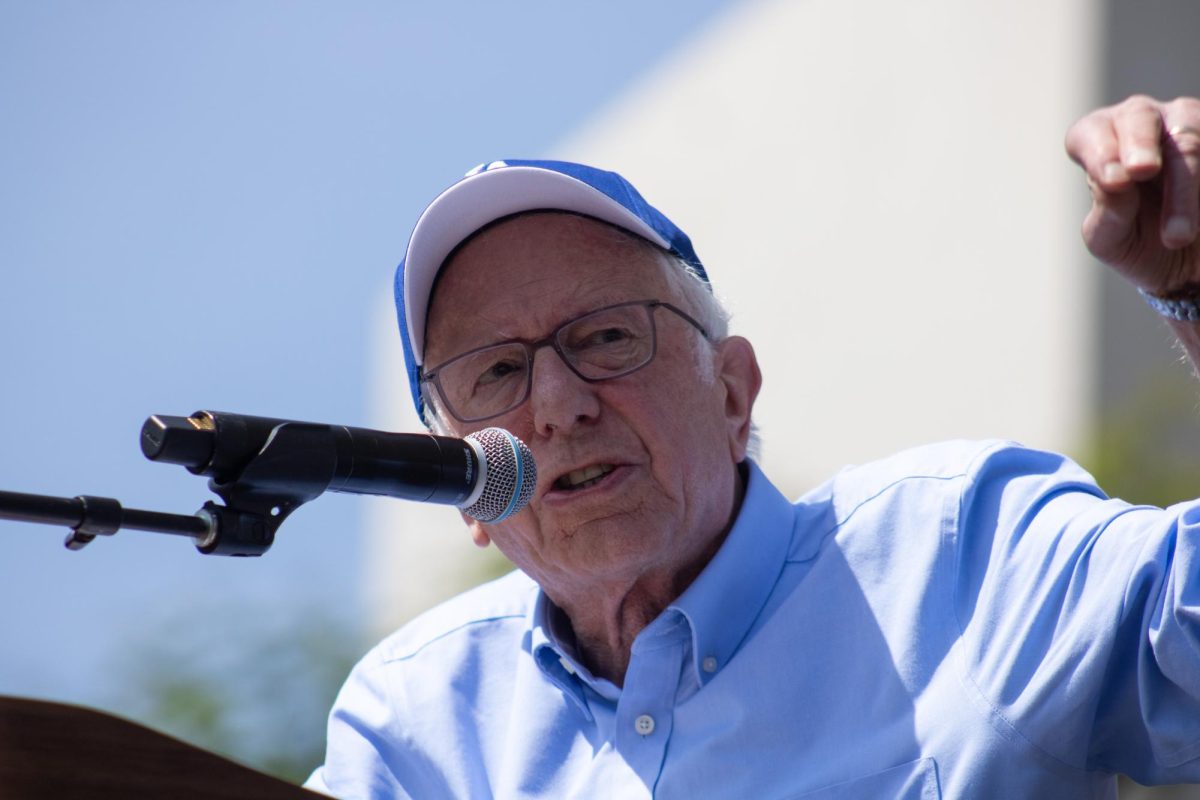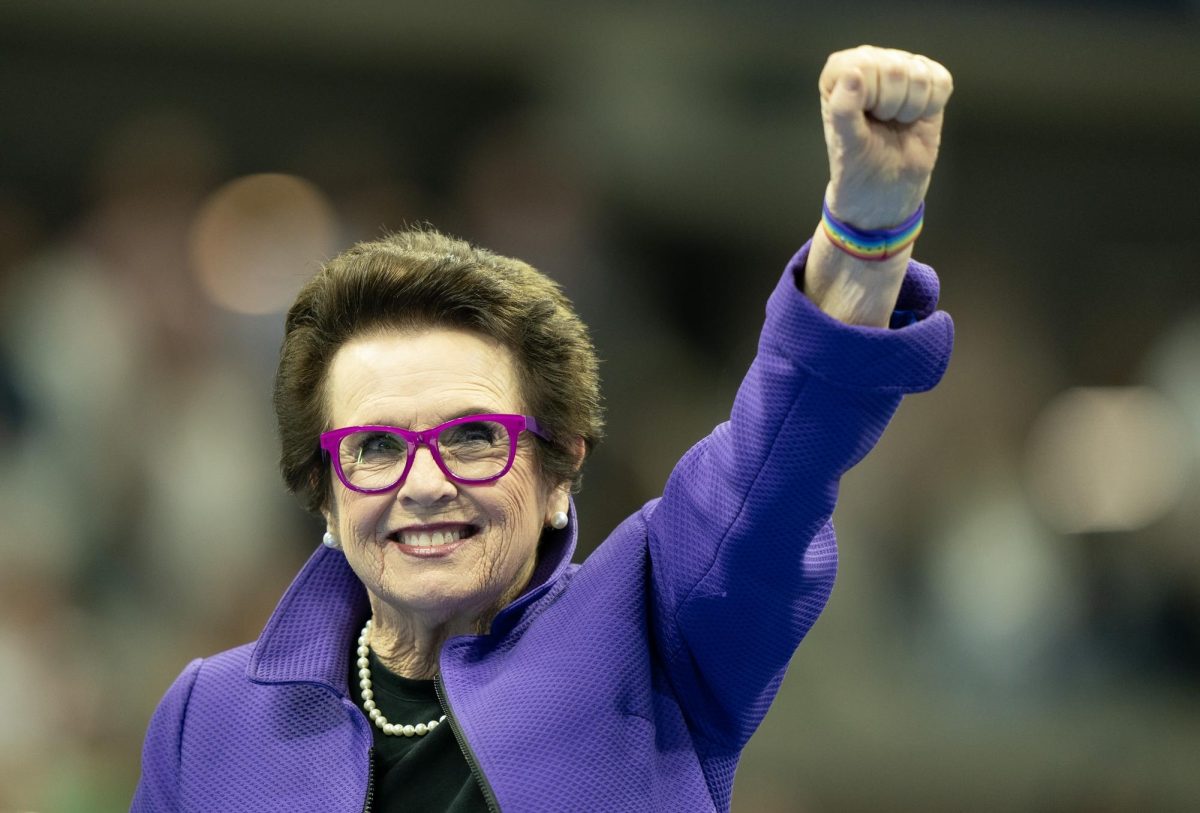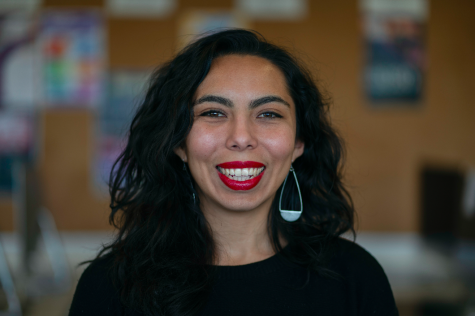“Impaction disproportionately targets the students”
“We’re not intimidated, we’re not scared, we’re here to support each other”
“They’re supposed to be serving us”
“This plan denies our opportunities”
Cal State LA held three public hearings last week as a response to the student and faculty opposition to the Admissions Proposal Plan.
President William A. Covino and the Provost Office have put forth a plan as a response to the increase in freshmen and transfer students and the lack of funding from the state.
Covino sent the following statement to the university after the initial news broke.
“This plan is needed because of an unprecedented surge in our enrollment. Our enrollment has increased by about 25 percent since 2012, but our enrollment funding has only increased by about 2.4 percent. We have approximately 28,000 individual students, approximately 5,400 more than our state funding currently covers. Adequate funding would require more than $30 million of additional recurring state funding every year.”
This plan would revise the admissions criteria beginning fall semester 2020, resulting in 600 anticipated students being denied acceptance.
“This puts barriers on underprivileged, working class students of color,” said Golden Eagle Justice organizer Danielle Mayen. “We are calling for a one year moratorium to include the community and students in the conversation.”
The student organized group, Golden Eagle Justice, hosted a protest on campus Feb. 20 that gave students and the local community the opportunity to publicly voice their concerns. The group, set on being heard, effectively changed the dynamic of the hearing in the University-Student Union (U-SU) Theater on Thursday evening.
The crowd demanded that the powerpoint portion of the lecture be withdrawn so that the administration could hear the comments of the students and parents in the crowd. The hearing ended up lasting nearly three hours and ended with President Covino walking out during a student’s plea for answers.
Under this new plan, there would be a change to the admissions criteria, similar to what twenty-two impacted majors already follow. New major specific criteria, including obtaining a certain GPA, will need to be met in order to be considered for admission.
“The school is starting to get selective, said psychology student Sebastian Servìn. “If the impaction was there during the time I was applying, I know that I would have not been here today, and that’s very disappointing.”
Servìn, along with 1,000 other students and 95 faculty members, are urging the administration to put the plan on hold for one year to evenly re-allocate the school’s funds.
During the public hearings at Pasadena City College and East Los Angeles College, the university explained that 280 high schools within the local area and now, seven community colleges, whose students meet their minimum major specific criteria, will be guaranteed admission into Cal State LA, along with veterans.
Six community colleges would be eliminated from the local preference region including: Pierce College, Santa Monica College, Los Angeles Valley College, Los Angeles Mission College, Los Angeles Southwest College and Los Angeles Harbor College.
“The ultimate goal is to serve the 28,000 students while we continue to advocate for more funding,” Provost Lynn Mahoney said at the Pasadena City College (PCC) hearing last Wednesday.
“We don’t always have to use it, only as annual funding dictates,” she said.
Last Friday, a number of impaction protestors interrupted the Student Symposium on Research, Scholarship and Creative Activities to obstruct Provost Mahoney’s speech. They shouted and argued that there will no longer be any students left at Cal State LA if the impaction plan is moved forward.
Students and faculty members who object this proposal plan on fighting the university until they agree to the one year moratorium.

